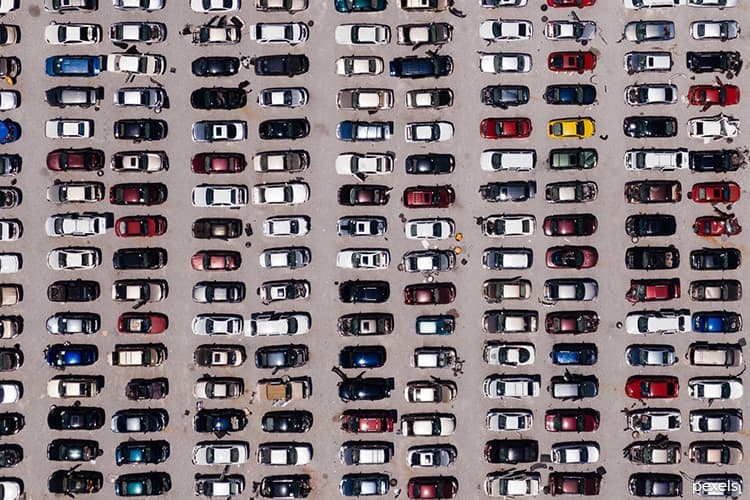
KUALA LUMPUR (March 24): Global light vehicle sales will decline by almost 15% in 2020, owing to the coronavirus pandemic and sharply lower global growth, according to S&P Global Ratings.
In a report entitled COVID-19 Will Batter Global Auto Sales And Credit Quality," published on RatingsDirect today, S&P Global Ratings credit analyst Vittoria Ferraris said she expects this decline will be particularly severe in the second quarter of the year, only gradually recovering thereafter provided that restrictive measures are effective in slowing contagion.
Ferraris said in response to fading demand, the large majority of global auto manufacturers have announced production shutdowns at most of their plants in Europe and in the U.S., and have switched to liquidity protection mode.
"Our revised sales scenario indicates intense credit pressures ahead for automakers.
"We expect that potential government stimulus packages and central banks' action to facilitate access to funding will only partially relieve these pressures,"she said.
Ferraris said in Europe and the U.S., project light vehicle sales is projected to decline in the 15%-20% range this year.
“In Europe, we foresee a limited recovery, which would bring units sold to around 19 million, from 20.7 in 2019.
“In the U.S. we forecast a low double-digit recovery in 2021, before the market settles at around 16 million units in 2022,” she said.
Ferraris said despite evidence of recovery in China, it is likely that light vehicle sales will decline in the 8%-10% range this year on the back of the material first-quarter shock that has led S&P to lower its forecasts of gross domestic product growth to 2.9% in 2020.
“While 90% of the country's automakers have resumed production, we expect utilisation rates to be running low and anticipate that companies will only slowly adjust production due to a gradually recovering supply chain and demand.
“This scenario incorporates moderate stimulus from local governments, but does not factor in large-scale central government-led stimulus which could be in the form of a significant purchase tax cut,” she said.
Ferraris said this also excludes the possibility that production ramp-up might be disrupted by a shortage of components, owing to prolonged shutdowns at key overseas auto suppliers.